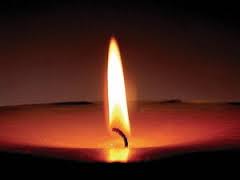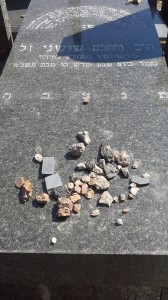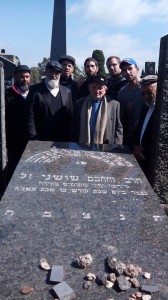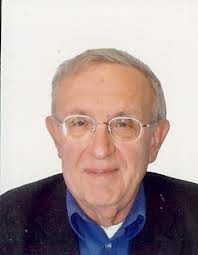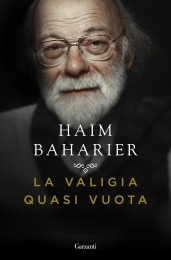“Ses disciples d’un an ou d’une nuit me disaient : “Le Juif errant dans votre livre, c’est bien Rav Shushani, n’est-ce pas?”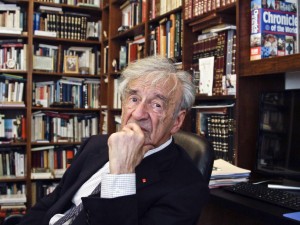
Je pensais avoir exagéré à dessein ; pourtant j’ai à peine décrit la vérité. Oui, il avait visité des pays exotiques et contrées lointaines ; oui, il semblait intemporel sinon immortel ; oui, il se comportait comme un des Lamed-vavnik qui entrent en exil et choisissent l’anonymat avant d’offrir le salut à leur semblables ; oui, il avait des pouvoirs ; oui, il fascinait, il exaltait, il troublait, il humiliait, il accomplissait en vous, pour vous, des changements dépassant l’entendement.”
Elie Wiesel dans “Paroles d’étranger”
————————————-
“Translation” by Elie Wiesel himself:
“His disciples of one year, or one night, took pains to tell me they were not fooled: “The Wandering Jew, in your book, is Rav Shushani, isn’t it?”
I myself thought I had exaggerated; yet I had told the truth. Yes, he did visit faraway countries; yes he did receive unusually high fees for his lectures, fees he then gave to charity; yes he did behave like one of the hidden Just Men who enter exile and anonymity before offering salvation to their fellow men; yes, he was greater than the legend surrounding his person.”
